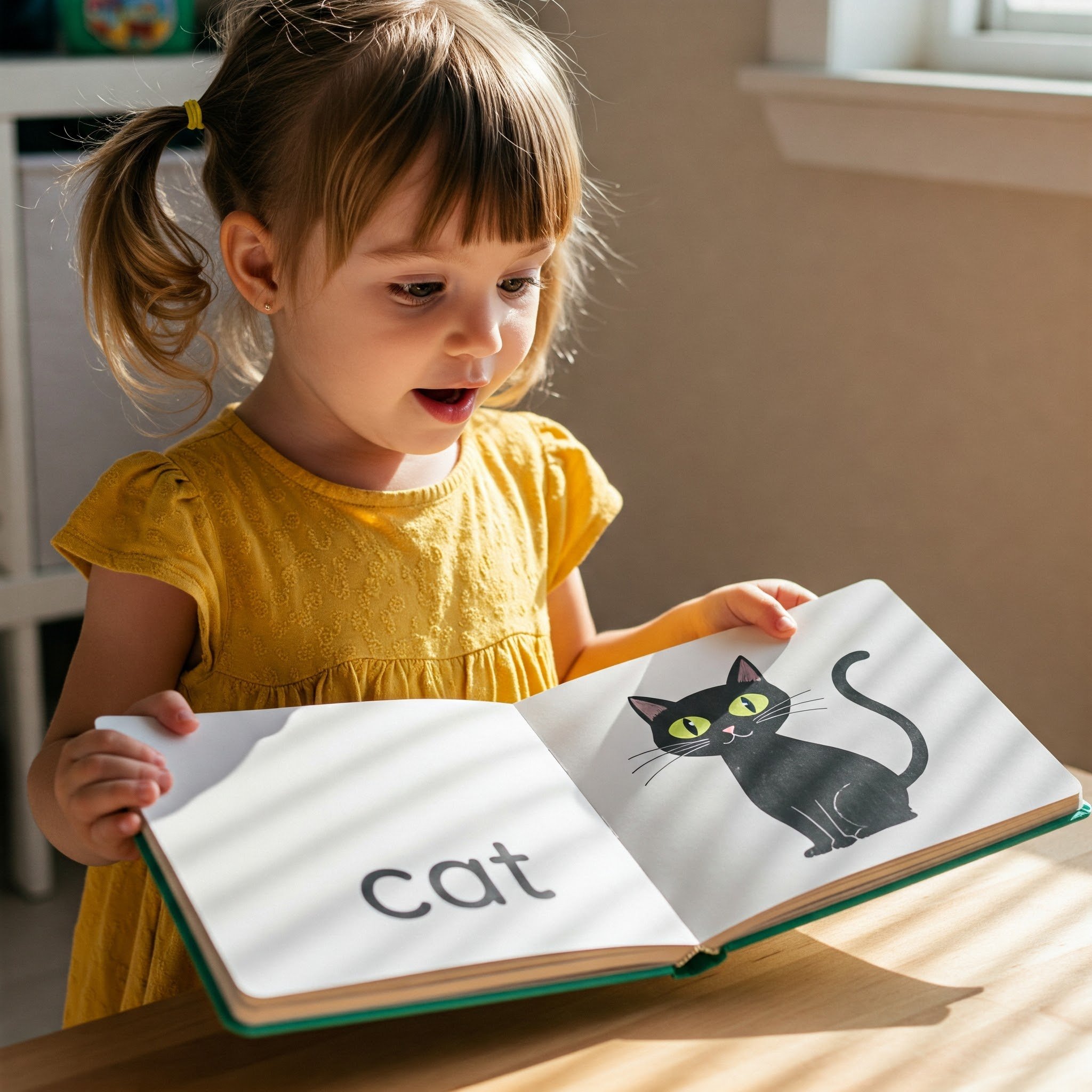Eulexia Tutoring Blog

The Reading Key You Might Be Missing: Why Early Phonological Awareness Screening is a Game-Changer
Could a simple, early screening for phonological awareness be the key to preventing reading difficulties? Discover why identifying a child's ability to recognize and play with the sounds in language is a game-changer. Learn how this crucial first step, combined with effective, principled instruction, can build a strong foundation for literacy and potentially sidestep the struggles that often lead to reading failure.

Decoding the Science: What the National Reading Panel Says About Teaching Your Child to Read
Navigating the world of reading instruction can feel overwhelming. How do you know what truly works for your child? Fortunately, a landmark report by the National Reading Panel (NRP) provides clear, evidence-based answers, particularly for phonics. The NRP's most significant finding? Systematic phonics instruction is markedly more effective than non-systematic phonics or approaches with little to no phonics in fostering reading development. This means programs following a planned, sequential introduction of letter-sound relationships, with explicit teaching and practice, lead to better decoding, word recognition, spelling, and even reading comprehension.

Could It Be the Teaching? Siegfried Engelmann's Provocative Concept of "Dys-teach-ia"
Explore 'dys-teach-ia,' Siegfried Engelmann's provocative idea that challenges common views on learning difficulties. Could ineffective teaching methods, not the student, be the issue?

Eulexia Tutoring: An Origin Story
I started out just wanting to teach French. But witnessing bright students profoundly struggle with reading – often using ineffective guessing strategies encouraged by their schools – disturbed me deeply and ignited a passion. This is the story of that journey, my deep dive into the Science of Reading, and why Eulexia Tutoring exists today.

Embedded Phonics: Is 'Learning as You Go' Enough for Reading Success?
Is your child's phonics instruction effective? Learn why 'embedded phonics' falls short according to the Science of Reading, and discover what truly systematic, research-backed instruction looks like.

Sound Instruction for Learning Languages: Why You Should Start with the Sounds
Why do so many diligent language students struggle to understand or be understood? Often, the foundation – the sound system – is neglected. This post argues why starting with phonetics, mirroring natural development and avoiding the painful 'relearning trap', is a more efficient and effective path to proficiency.

Decoding the Science of Reading: What Educators & Parents Need to Know
Beyond the bookshelf, understanding reading goes deep into brain science. 🧐 The Science of Reading utilizes research from neuroscience and cognitive psychology to show how literacy develops. Get the essential findings educators and parents need.

Decoding vs. Guessing: How to Spot Truly Effective Phonics Instruction
Pictures should support understanding, not replace reading the word! When kids rely on images instead of decoding letters (like /k/ /a/ /t/ for "cat"), true reading skills don't develop. Learn how to identify phonics programs that teach decoding, not guessing.

Sounds First! Why Focusing on Letter Sounds (Not Names) Builds Stronger Readers
Could teaching the ABCs actually slow down reading? Explore why focusing on letter sounds before letter names is crucial, according to reading science. Understand how names can cause confusion and why a sound-first approach leads to more confident decoding.

3 Science-Backed Ways Parents Can Boost Early Reading Skills at Home (That Aren't Flashcards!)
Want effective, low-stress ways to support your child's reading readiness? This post shares 3 simple, science-backed strategies you can use at home today, focusing on playful sound games, rich conversation, and smart print awareness. Empower your child's literacy journey!

5 Early Signs Your Child Might Need Reading Support (Beyond Report Card Grades)
Trust your intuition if something feels off with your child's reading, even with decent grades. This post explores 5 early signs beyond report cards that signal potential struggles with foundational skills. Learn what to look for & how early awareness empowers effective support.

What is Phonological Awareness?
Understand the most crucial pre-reading skill: Phonological Awareness (hearing/manipulating sounds). Learn why it's the top predictor of reading success (and linked to dyslexia) according to the Science of Reading, and why it needs to come before heavy phonics. Get clarity here!
